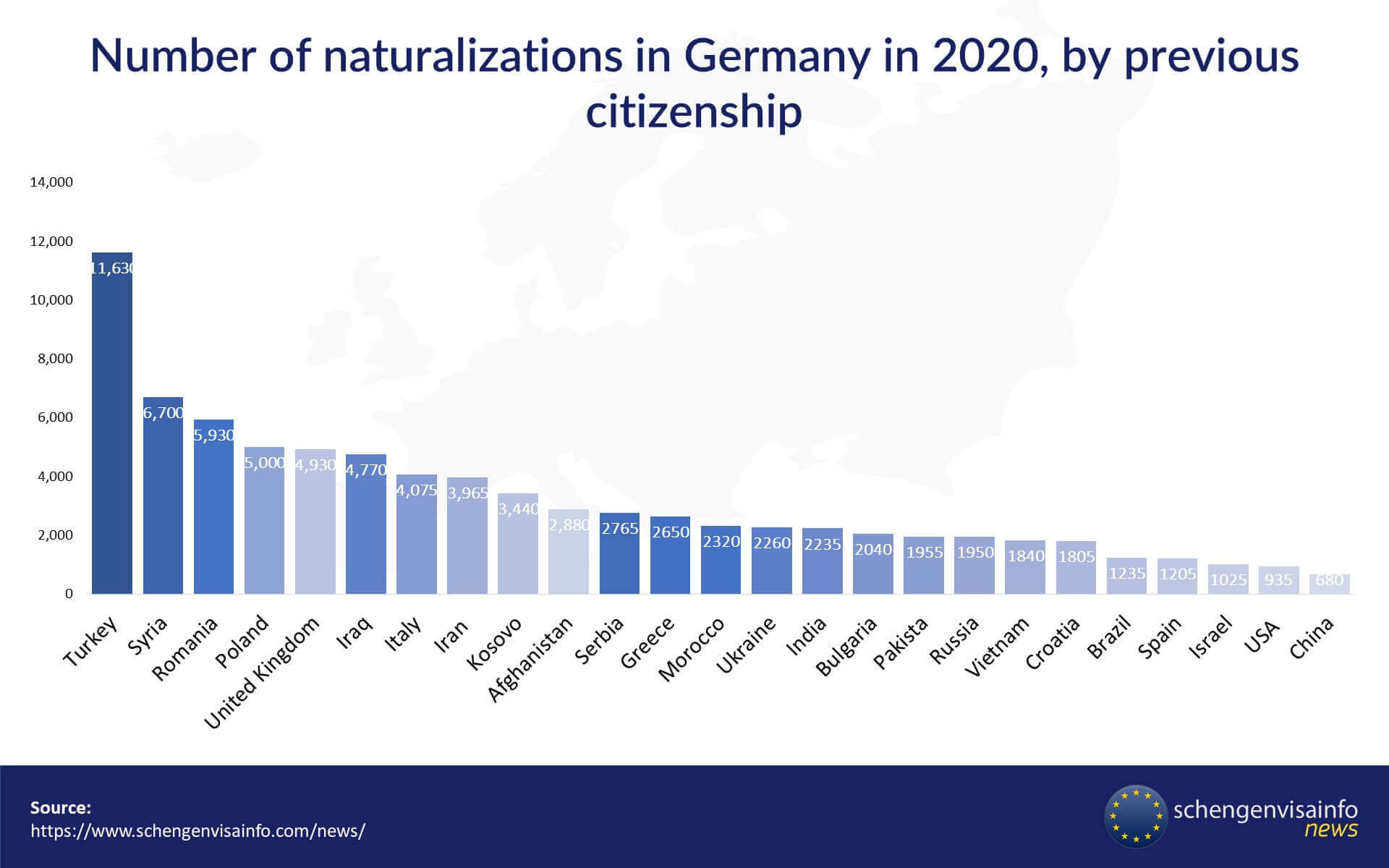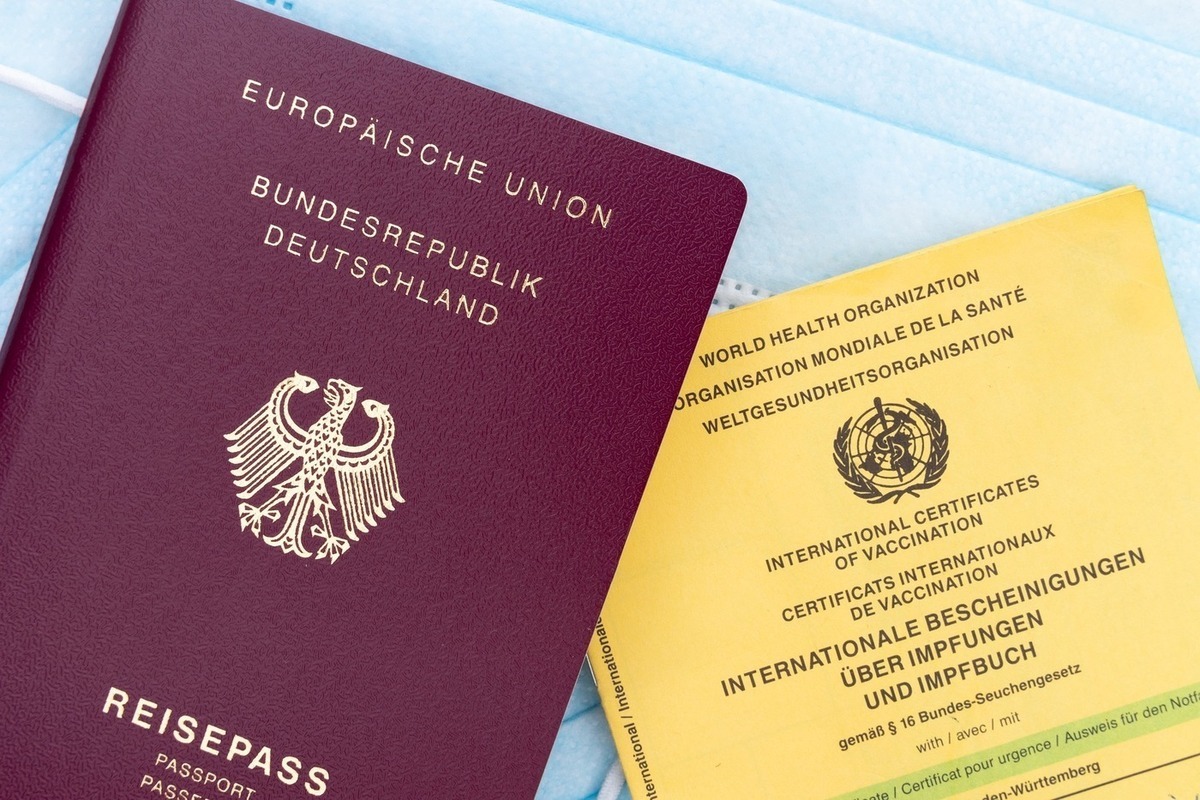Foreigners wishing to become German citizens after fulfilling the relevant criteria will no longer have to give up their previous citizenship after the new German government announced plans to allow dual citizenship.
Presenting their plans to govern Germany, the coalition of the center-left Social Democratic Party, the environmental Green Party and the pro-business Free Democrats party announced that they plan to drop the requirement to renounce previous citizenship in order to become a German citizen.
“We want a fresh start in migration and integration policies, as befits a modern country of immigration,” reads a 177-page coalition agreement between the three parties.
According to the current German citizenship law, those who meet the criteria for obtaining German citizenship must renounce their previous citizenship. The only exceptions are those candidates for German citizenship who:
- were born with dual citizenship, i.e. one German and one non-German parent
- are citizens of the EU or Switzerland
- are citizens of a country that does not allow its citizens to renounce citizenship.
At the same time, it is allowed to retain the previous citizenship and those who, if renounced, will face difficulties, for example, lose property, pay large fines or lose an annual income of at least 10,225 euros.
Immigrants who arrive in the country may have to wait a shorter time before applying for German citizenship, as the new government is also considering allowing them to apply for citizenship after just five years in the country.
Until now, in order for a foreigner to apply for German citizenship, he had to have lived in the country for at least eight years with a permanent residence permit. This period can only be reduced to seven years if the foreigner completes an integration course in German at a community college, which is called Volkshochsschule in German.
The agreement between the three coalition parties also provides for the acceleration and simplification of the procedure for applying for asylum and residence permits.
Commenting on the plan, Green Party MP Louise Amtsberg told DW that the new government intends to draw a line under the restrictive asylum policies of recent years by allowing people already in Germany to “strengthen their place of residence, get a job, have access to the language, and do it indiscriminately. ”
“These are all key crossroads that are relevant to immigration in a modern country and suggest a paradigm shift,” she said.
The plan is skeptical of the center-right Christian Democrats (CDU), who have been in power for 16 years and support stricter immigration laws.
If the new government’s plan becomes a reality, the number of foreigners acquiring German citizenship will increase. According to the Federal Statistical Office of Germany Destatis, in 2020, despite all the difficulties that have arisen in connection with the coronavirus pandemic, 109,880 foreigners will receive German citizenship.
While 28,305 citizens of other EU countries acquired German citizenship in 2020, the leading EU countries whose citizens became citizens of Germany in the same year are Romania – 5,930, Poland – 5,000, Italy – 4,075, Greece – 2 650 and Bulgaria – 2,040.


